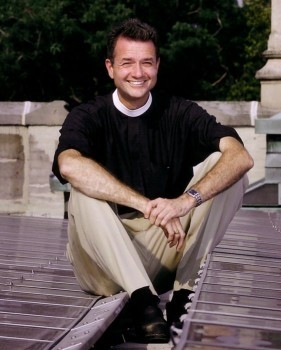Check out this 30-minute webinar hosted by Religions for Peace on fighting climate change with Fletcher Harper, executive director of an organization called Green Faith. They’re focused on building practical action on climate change on both a local scale and also a national/global scale through divestment and reinvestment. He’s a great speaker and it’s really encouraging to hear what he has to say.
I’m a young adult leader in Religions for Peace so I had to opportunity to have some conversation with him at the end! I could use a bit more polish in my speaking 😉
Check it out!!
http://www.rfpusa.org/religions-for-peace-webinar-gearing-up-to-fight-climate-change-with-fletcher-harper-may-29th/

